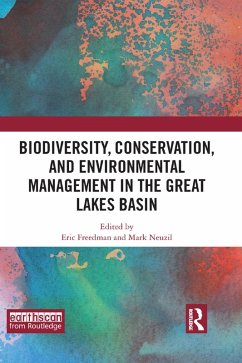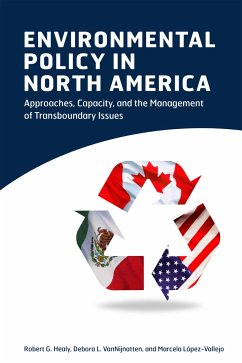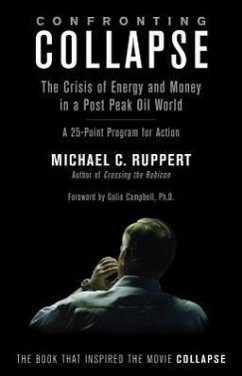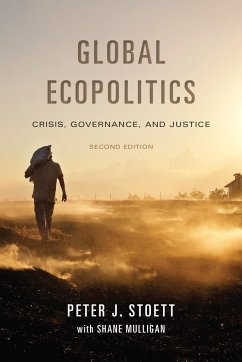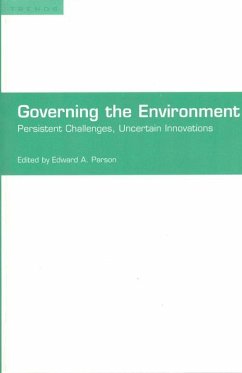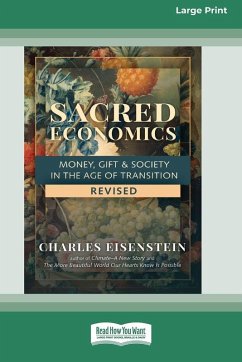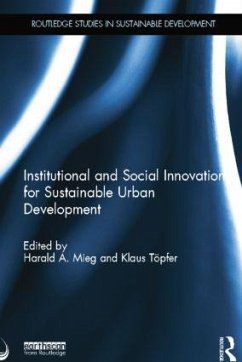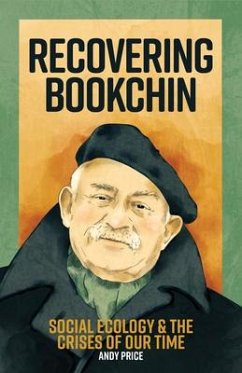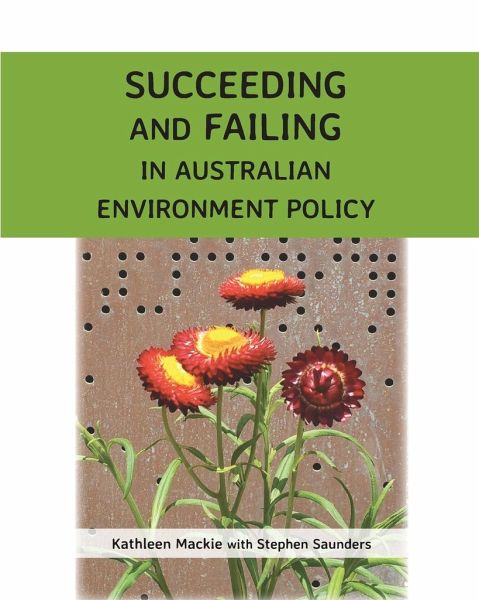
Succeeding and Failing in Australian Environment Policy
Versandkostenfrei!
Versandfertig in über 4 Wochen
17,99 €
inkl. MwSt.

PAYBACK Punkte
9 °P sammeln!
Australia won wide recognition for its $42b stimulus response to the GFC. But the Home Insulation element of that package was a debacle. Succeeding and Failing in Australian Environment Policy sheds new light on that failure, and others including the failure to develop a prudent Population Strategy. Policymakers, environmentalists, researchers, and citizens, can distil its lessons, on how to fight the coming battles over climate change, over protecting special landscapes and species. Author Dr Kathleen Mackie has seen the good and bad in environment policymaking. She implemented the successful...
Australia won wide recognition for its $42b stimulus response to the GFC. But the Home Insulation element of that package was a debacle. Succeeding and Failing in Australian Environment Policy sheds new light on that failure, and others including the failure to develop a prudent Population Strategy. Policymakers, environmentalists, researchers, and citizens, can distil its lessons, on how to fight the coming battles over climate change, over protecting special landscapes and species. Author Dr Kathleen Mackie has seen the good and bad in environment policymaking. She implemented the successful Working on Country program for Indigenous rangers. She was brought in towards the end of the Home Insulation Program, to rebuild trust with the federal Environment Minister, as he became frustrated by poor advice. These experiences triggered her PhD research. Up till 2009, she was a Senior Executive in the federal Environment Department. She holds a PhD (UNSW) and MA (University of Toronto). During 2017, she was CEO of Kanyirninpa Jukurrpa, the Martu organisation of the WA Pilbara. There she saw first-hand the kernel of policy success: - understanding and meeting the needs of your policy subjects. For Indigenous landowners, it was about being valued as expert land managers and being paid award wages. Internationally and in Australia, most academics research environment policy at a remove from the bureaucracy. As a former executive, Dr Mackie was able to interview 51 of her policy peers. Usually, they could foretell which environment policies were going to thrive or not. Their predictors of policy success are compared with what's in the academic literature. Their keys to success were: understanding who has skin in the game, being armed with evidence, and delivering social and economic wins while still maintaining credible environmental objectives. The unexpected revelation of the interviews was the critical importance of skilful 'agency' by policy officials under a Westminster system. The four case studies unpack what agency means. Things can go right when it's exerted. Or wrong when it's not. As happened in Home Insulation, and the Sustainable Population Strategy. "Australia's next generation of federal and state environment policymakers." the author concludes, "will need to marshall their skill, judgment and courage, to counter the policy vacuity of growth-obsessed politicians." Her Succeeding and Failing reveals the insiders' hard-earned lessons, on how to play the policy game for better chances of success.



